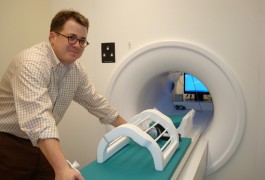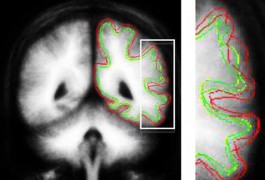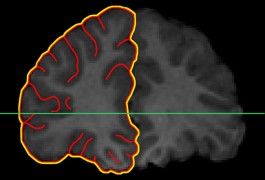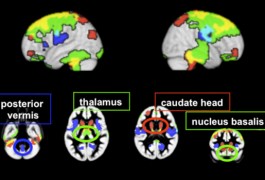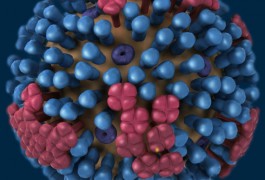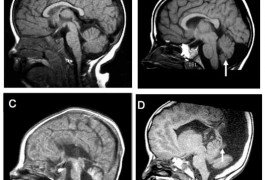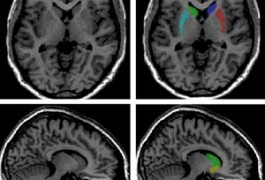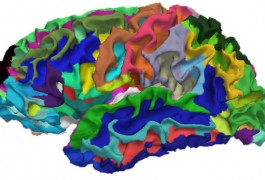Kevin Pelphrey: Charting the course of the social brain
With robust training in developmental psychology and a techie’s fervor for new tools, Kevin Pelphrey is systematically investigating how the brain changes during development — starting in infants as young as 6 weeks old.
